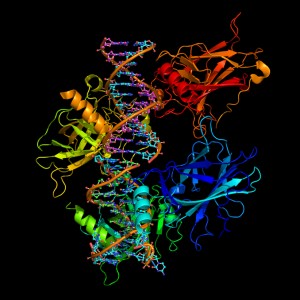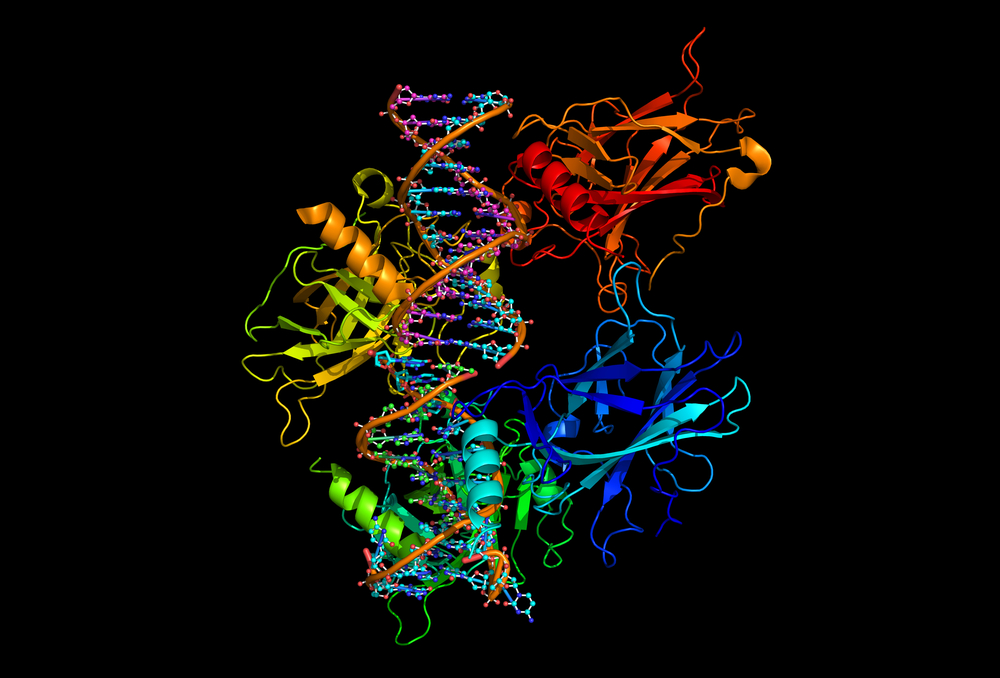 In a recent study titled “Mapping the Pareto Optimal Design Space for a Functionally Deimmunized Biotherapeutic Candidate”, published in PLOS Computational Biology, a research team led by Karl Griswold, Ph.D., and Chris Bailey-Kellogg, Ph.D., from Dartmouth’s Norris Cotton Cancer Center, have developed a new testing platform based on protein design algorithms that can optimize drug candidates for decreased immunogenic epitope content and high level stability and activity.
In a recent study titled “Mapping the Pareto Optimal Design Space for a Functionally Deimmunized Biotherapeutic Candidate”, published in PLOS Computational Biology, a research team led by Karl Griswold, Ph.D., and Chris Bailey-Kellogg, Ph.D., from Dartmouth’s Norris Cotton Cancer Center, have developed a new testing platform based on protein design algorithms that can optimize drug candidates for decreased immunogenic epitope content and high level stability and activity.
“Protein deimmunization has proved important for a number of promising drug candidates, including potent anti-cancer immunotoxins that are now progressing through clinical trials,” Dr. Griswold said in a news release. “Intuition suggests, and our design algorithms predict, that development of increasingly deimmunized biotherapeutics comes at the cost of progressive loss of molecular function.”
The research team deimmunized the catalytic component of and investigational anti-cancer treatment called Antibody Directed Enzyme Prodrug Therapy (ADEPT). After a thorough analysis of eighteen deimmunized drug candidates, researchers observed that the molecular fitness resembled that of the computational protein designed algorithms created by the team. These results highlight the potential of predicting and designing adjustments between a protein’s immunogenic potential and molecular function.
“Biotherapeutics are revolutionizing modern medicine, but the fact that protein drugs are susceptible to immune surveillance in the human body represents a barrier to development and large scale deployment of even more of these powerful medicines,” Dr. Griswold explained in the news release. “Using innovative dual objective algorithms, we can guide biotechnologists toward protein designs that benefit from a reduced risk of undesirable immunogenicity while maintaining high levels of inherent activity.”
Importantly, the team concluded that there is no unique solution to deimmunization of a specific biotherapeutic agent. “The deimmunized drug design space is bounded by a so-called ‘Pareto optimal’ frontier of deimmunized candidates. These protein designs are each ‘globally optimal,’ but they sample to varying degrees the tradeoff between reduction of immunogenic epitopes and maintenance of therapeutic activity”, Dr. Griswold added.
Future research from this team will use the ADEPT system to validate more sophisticated methods, and their forthcoming paper will show deimmunization of the same candidate but applying a new structure-based algorithm.


